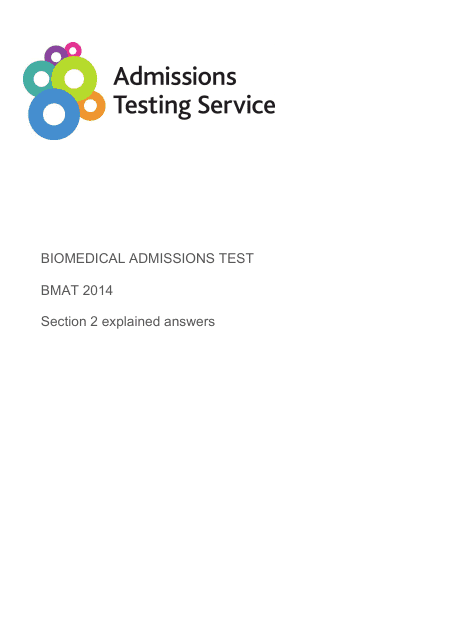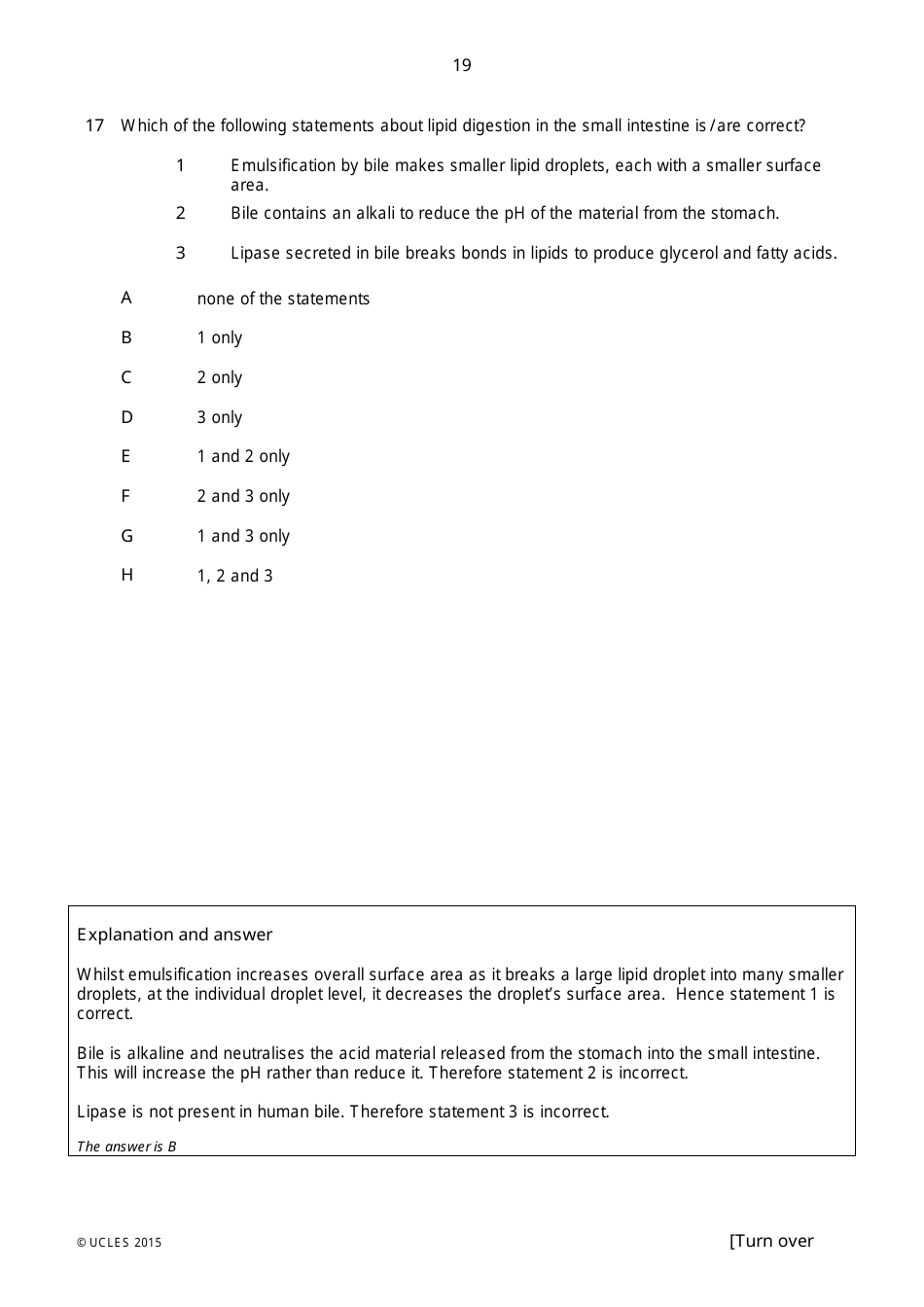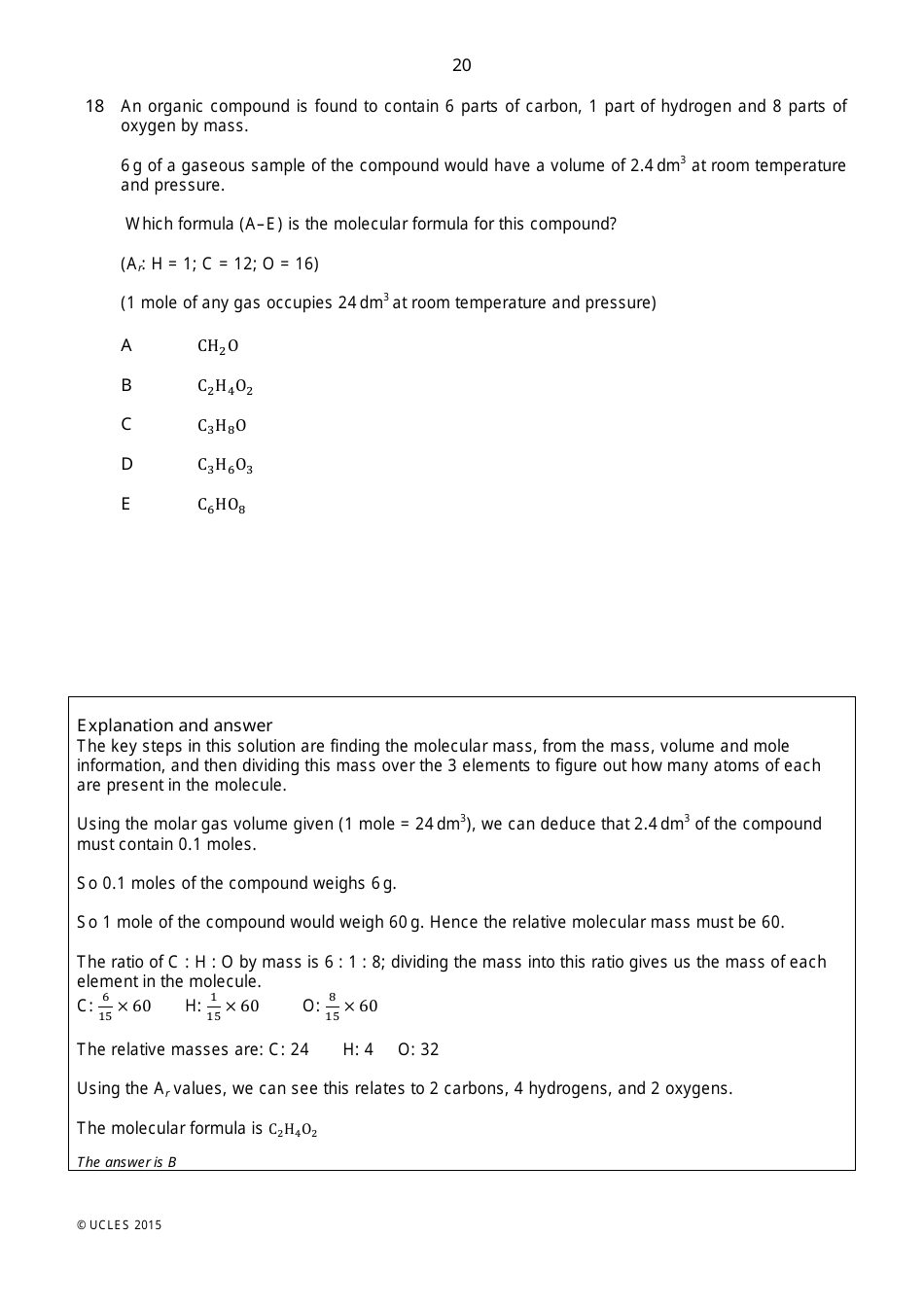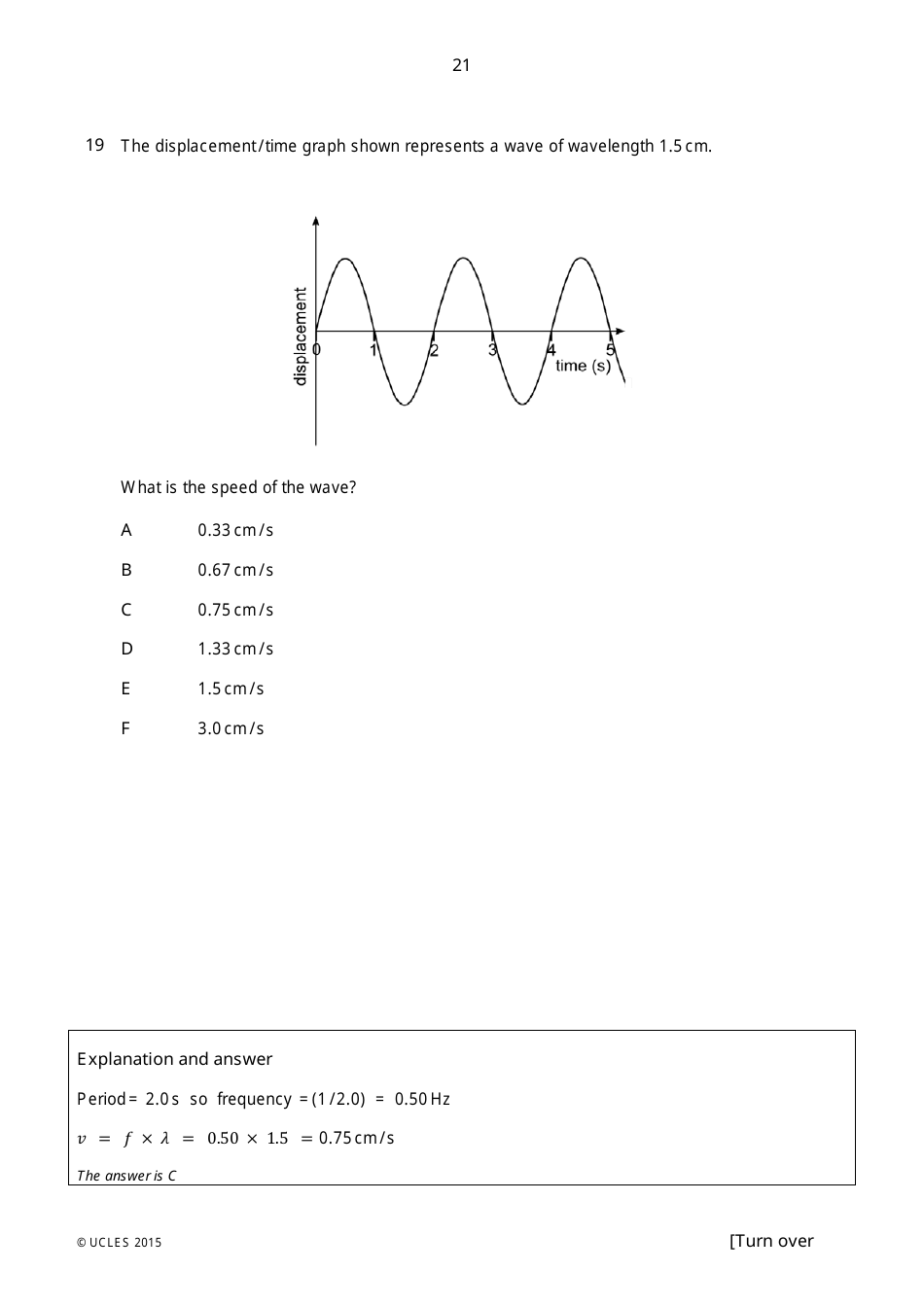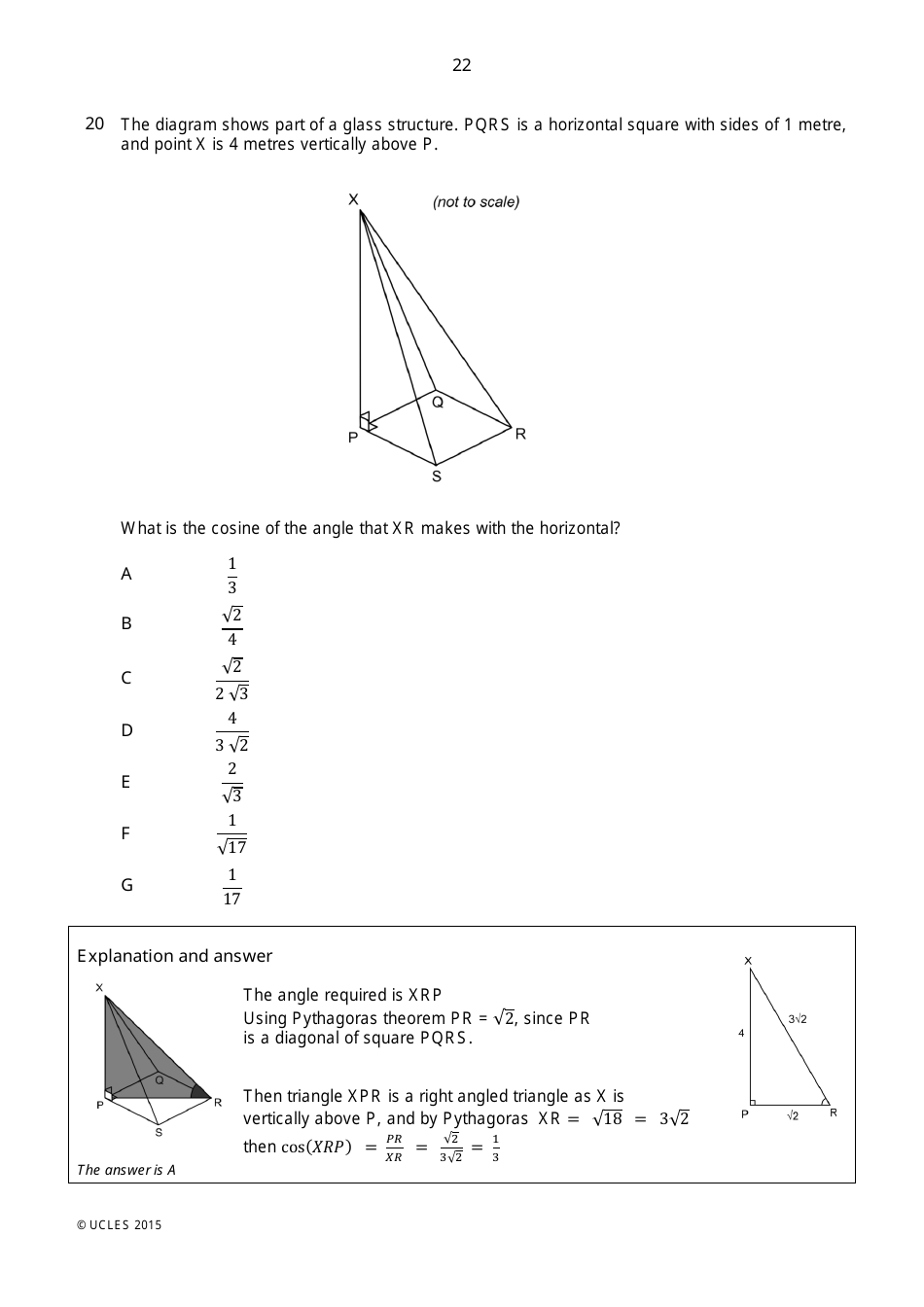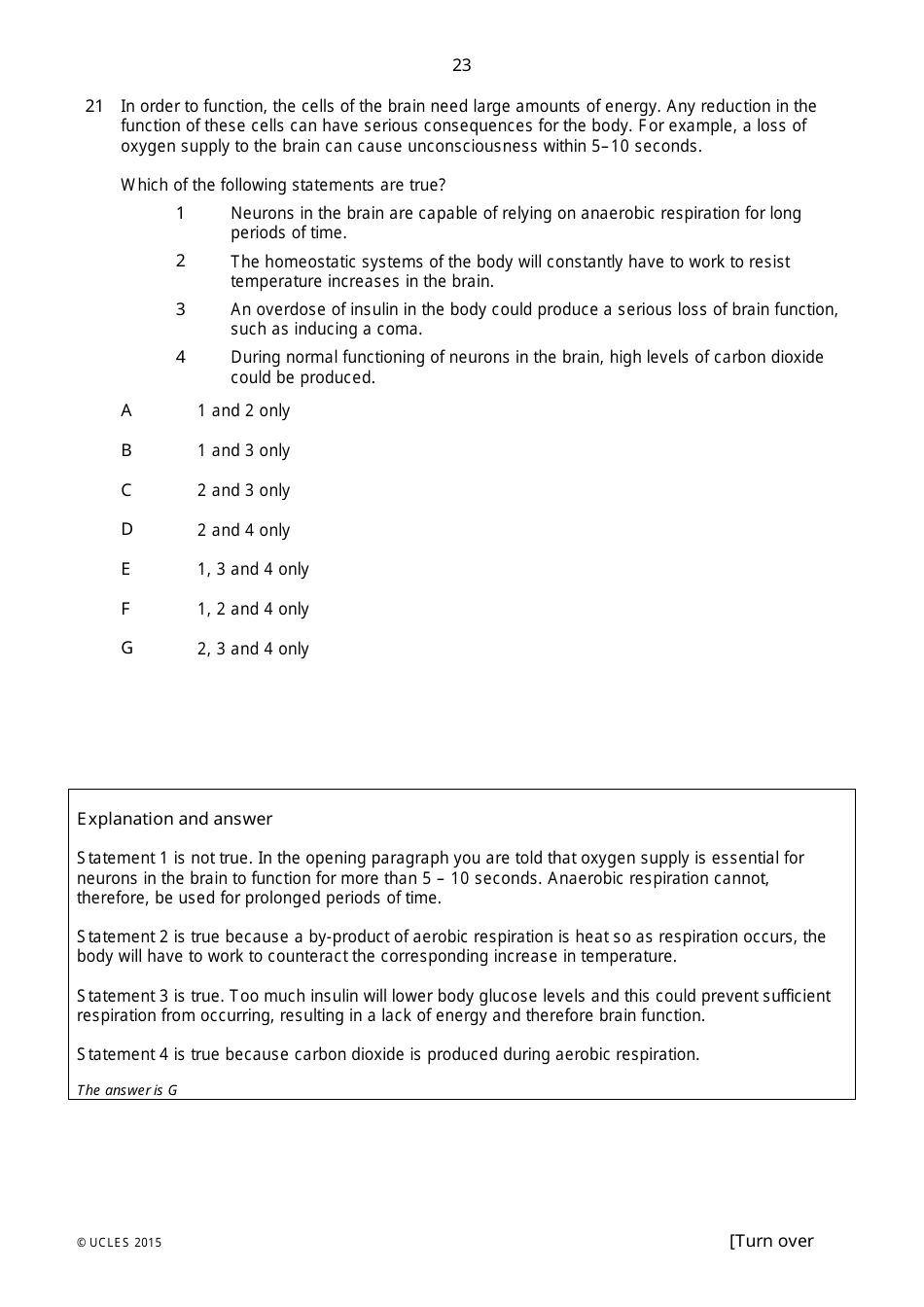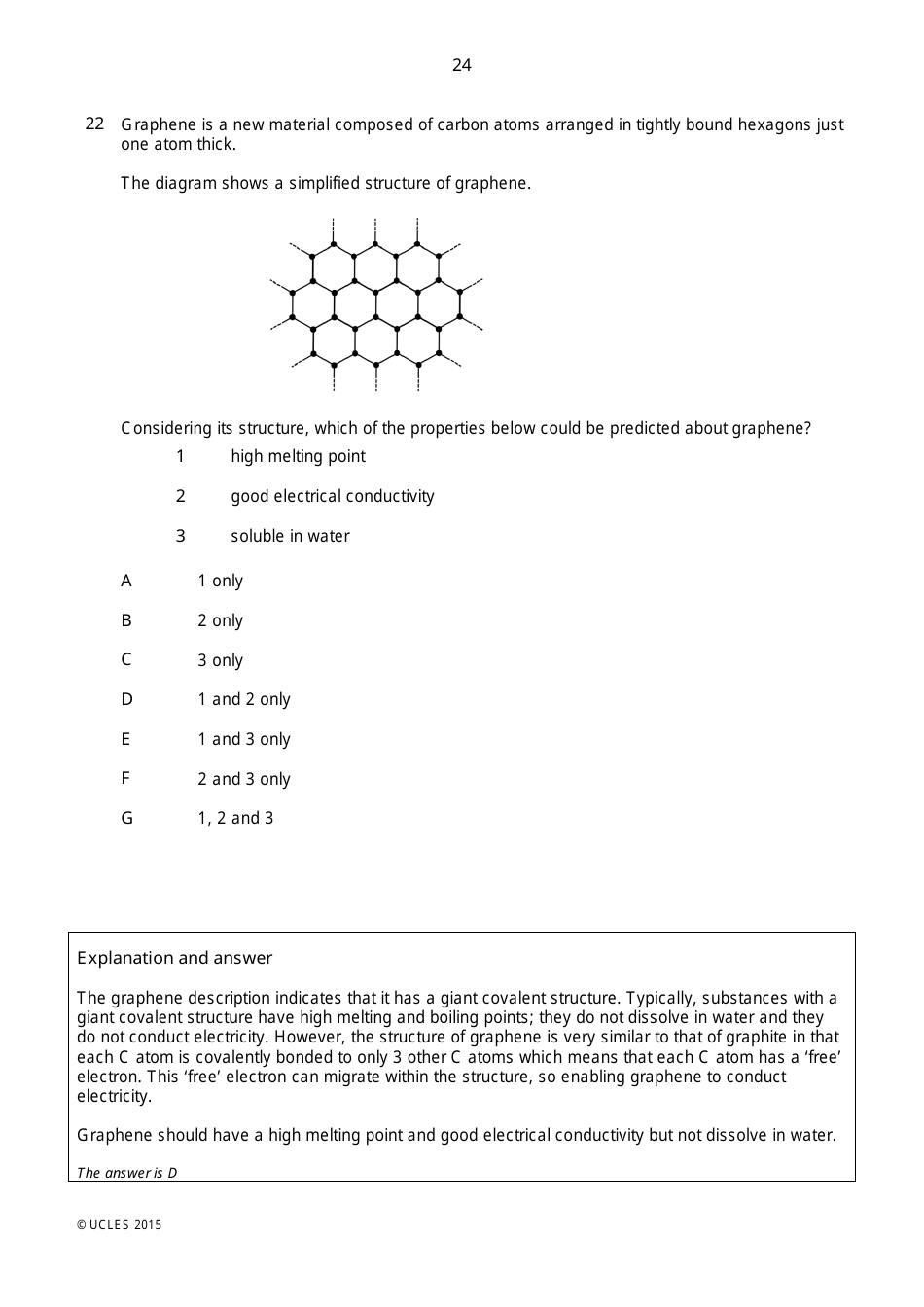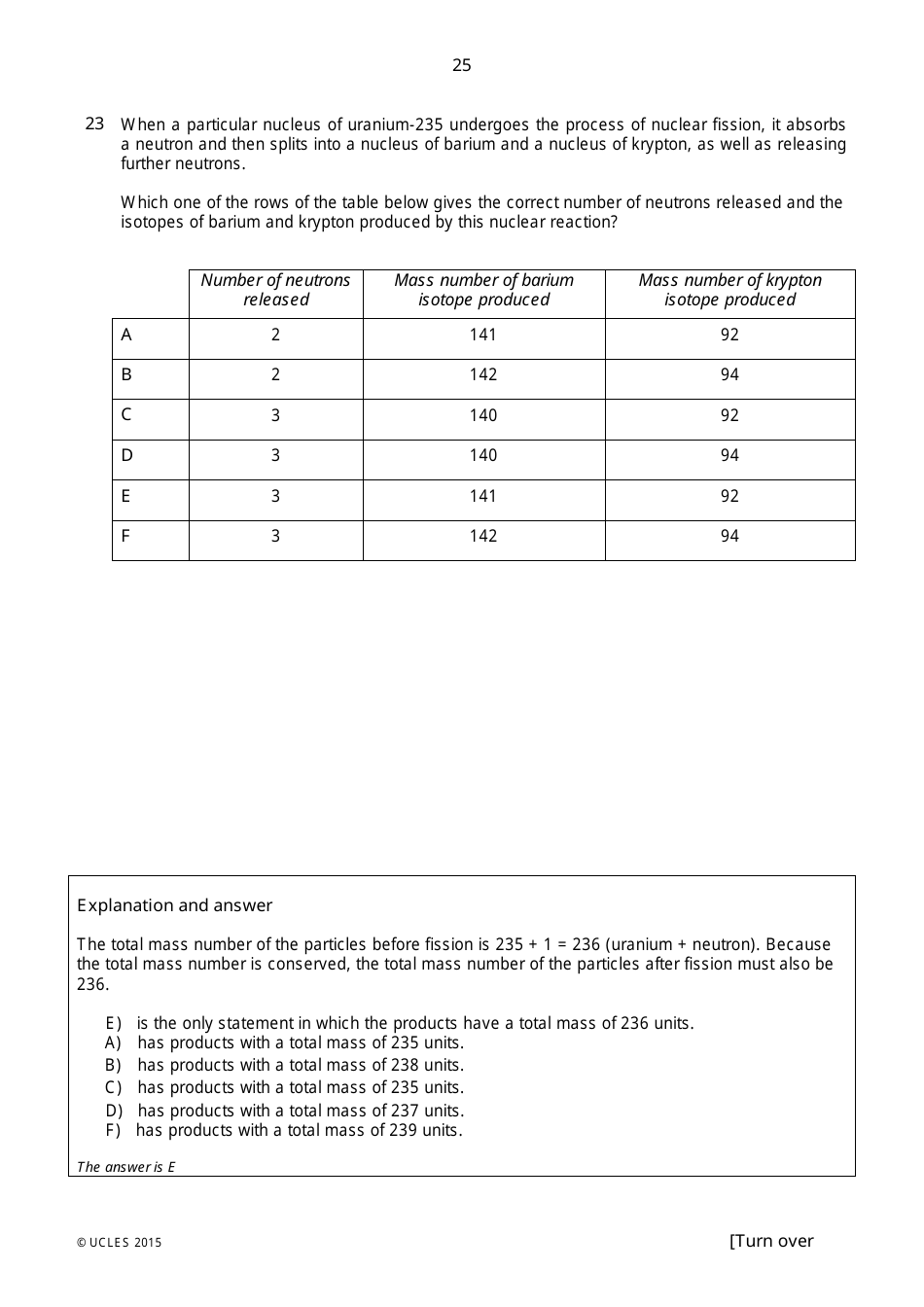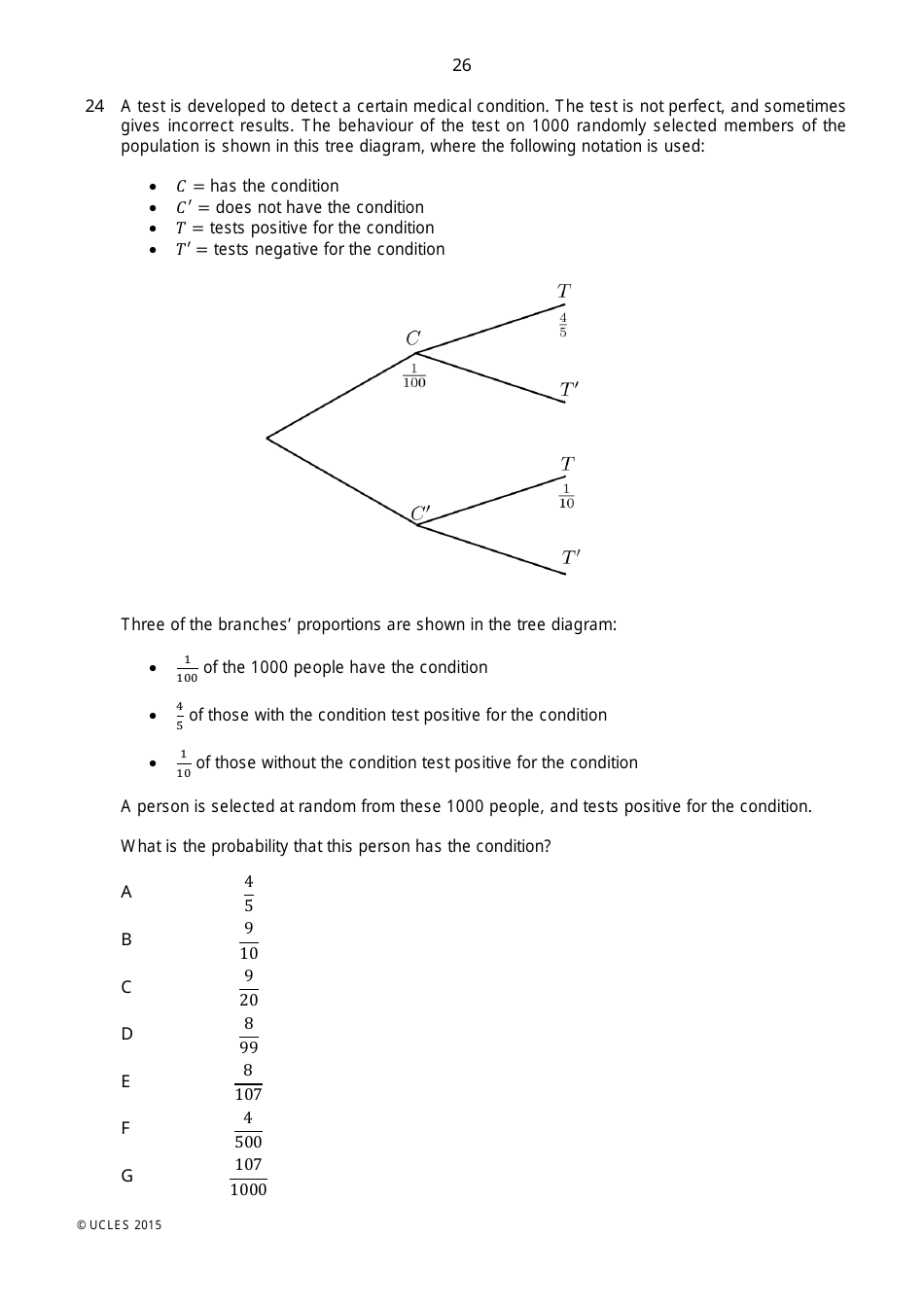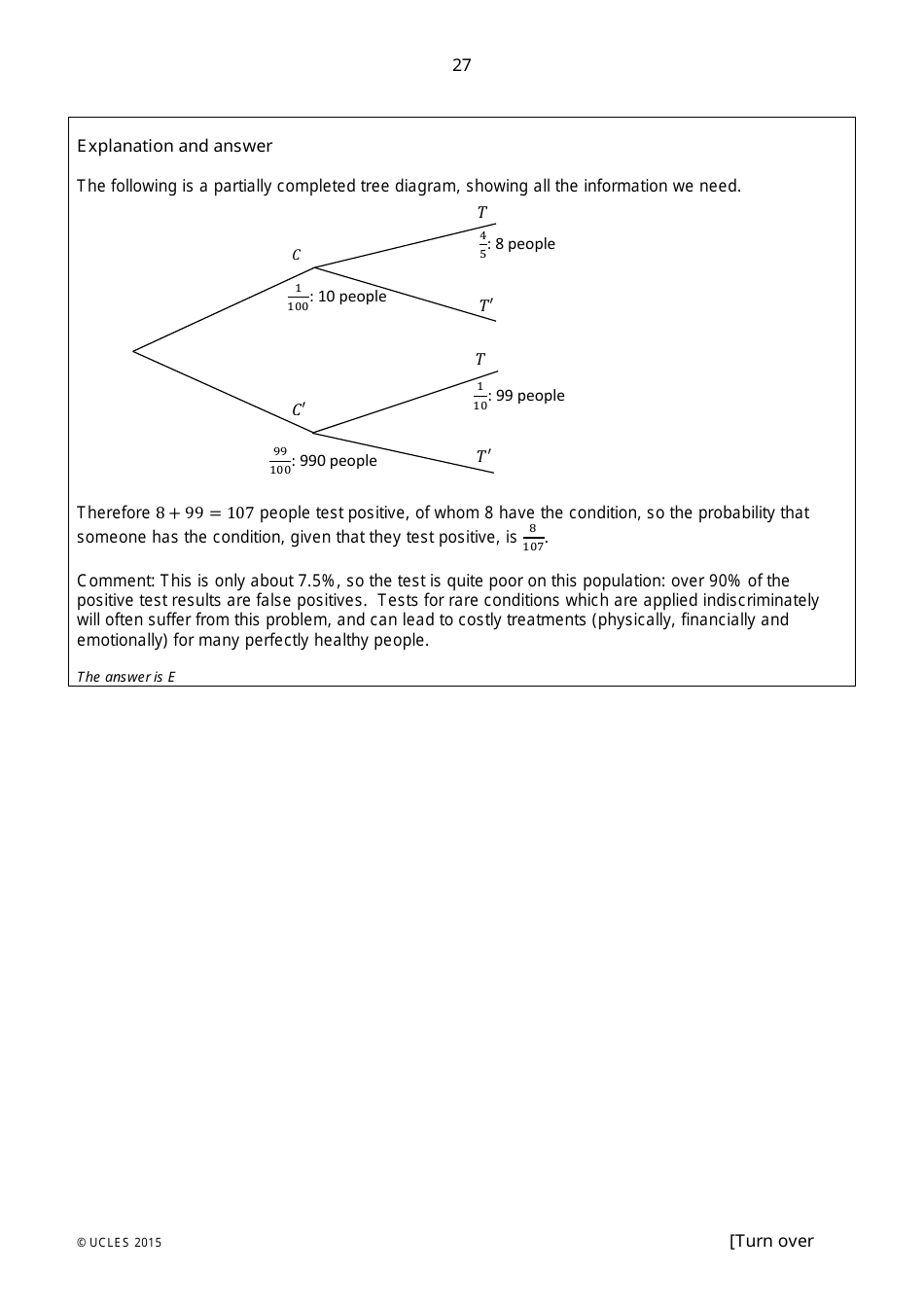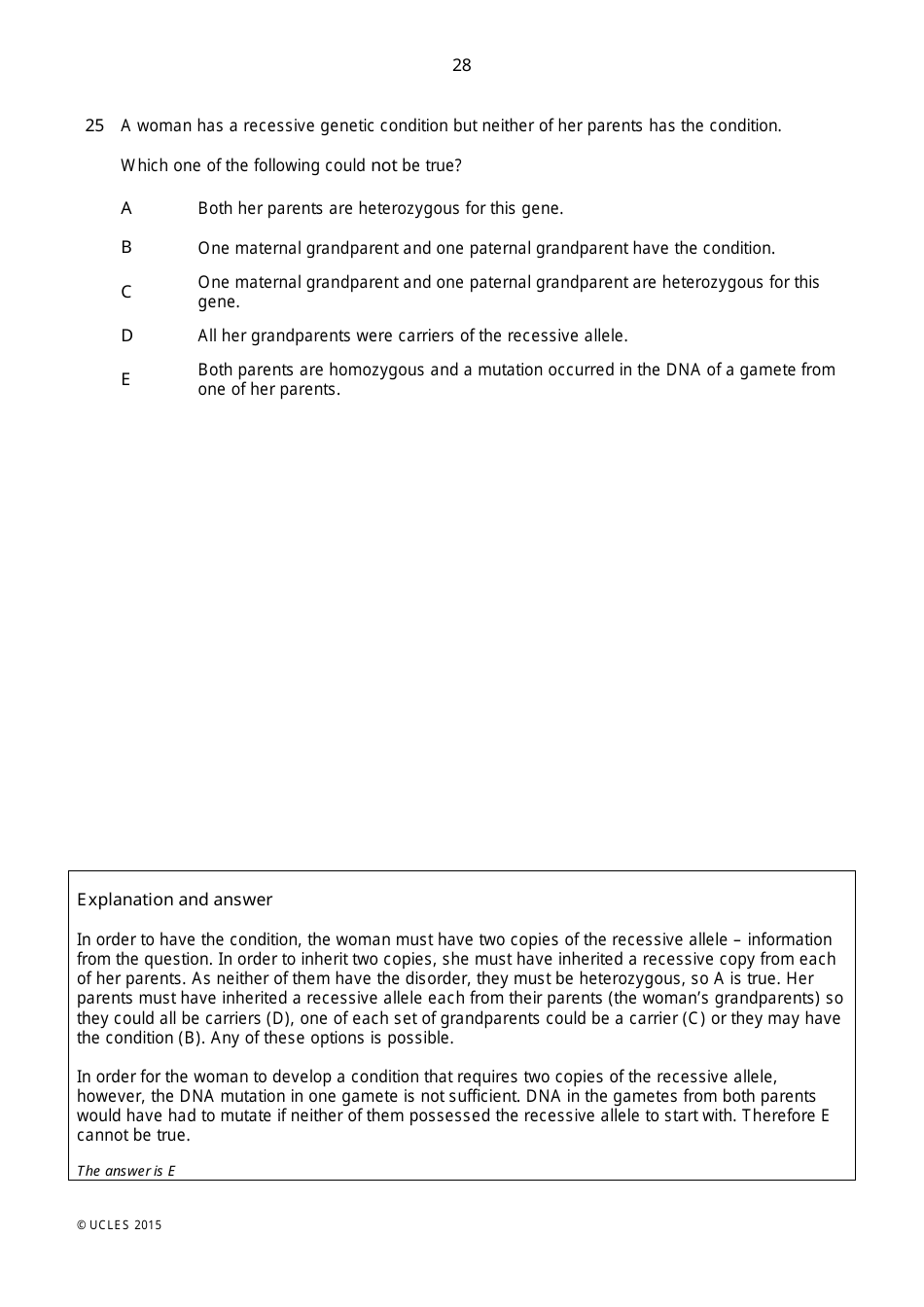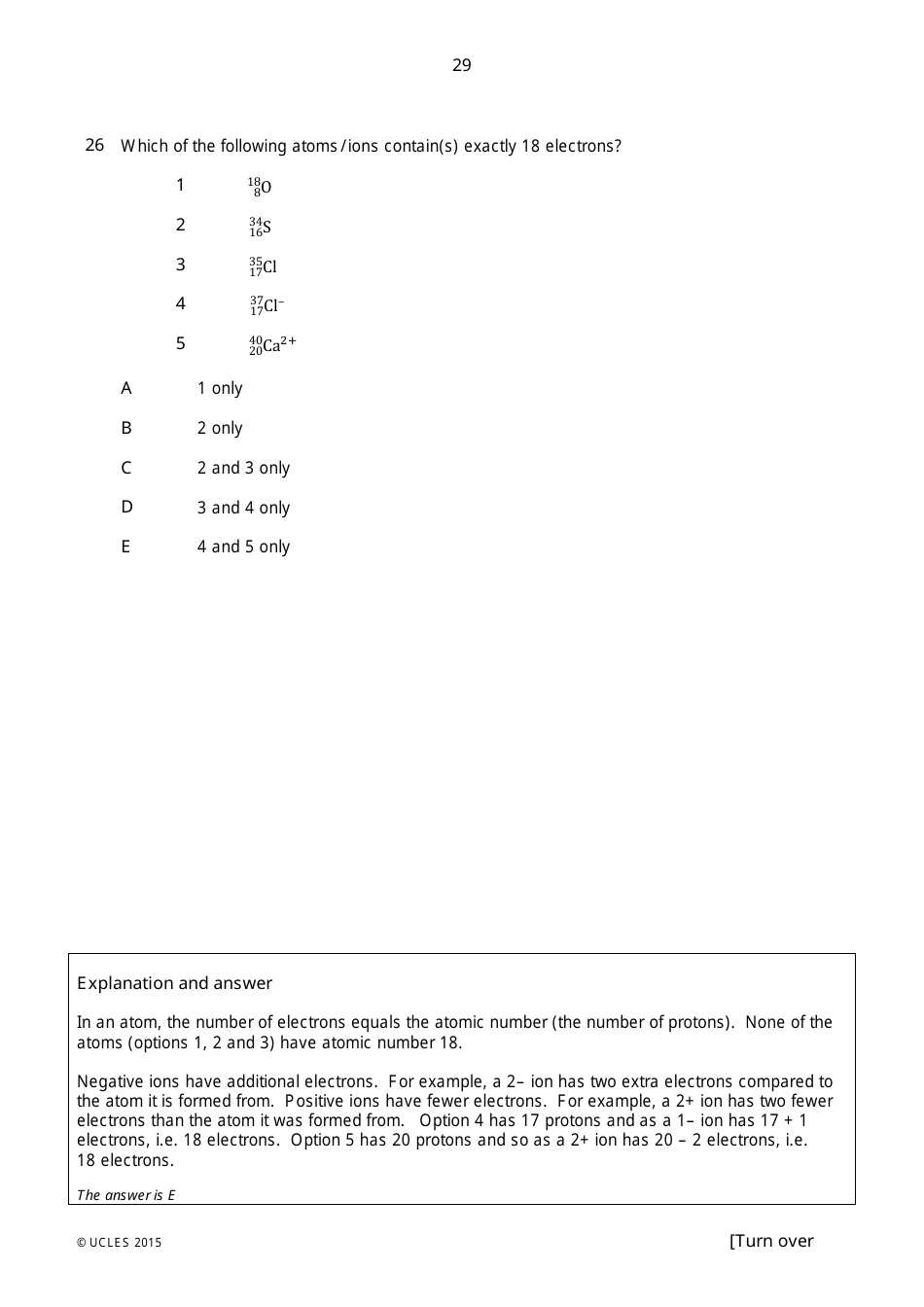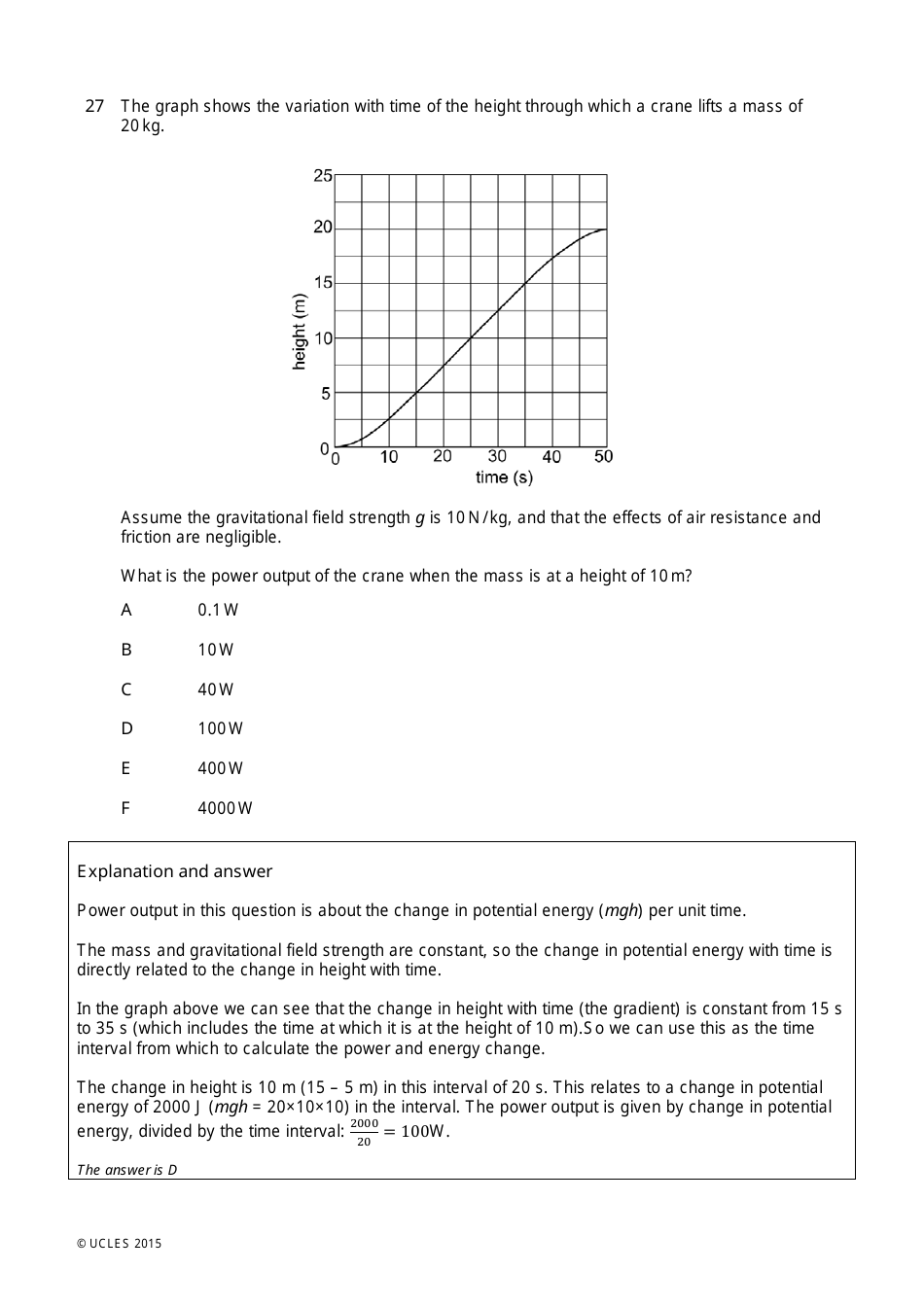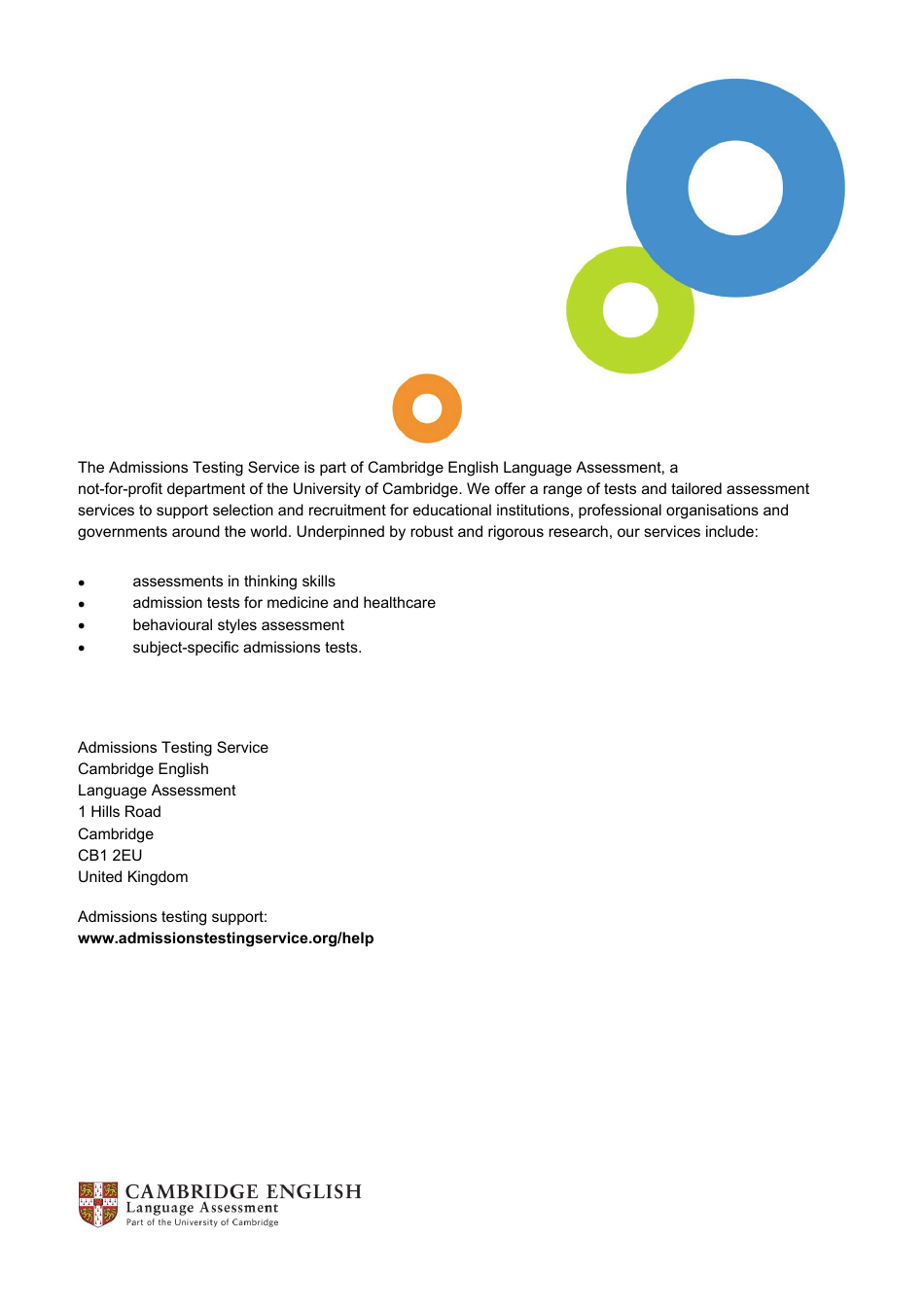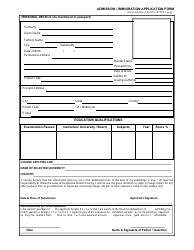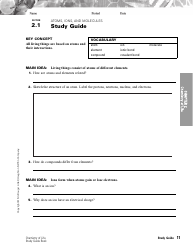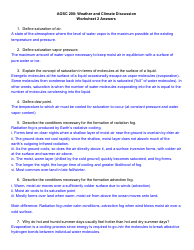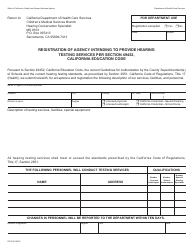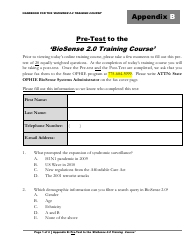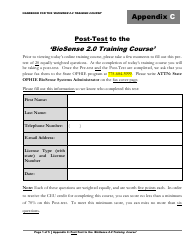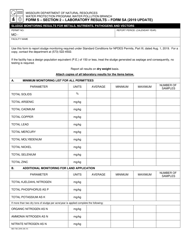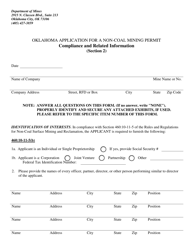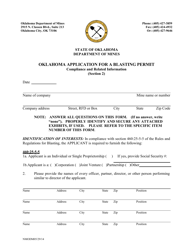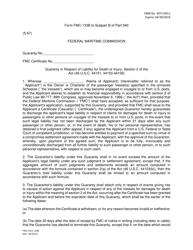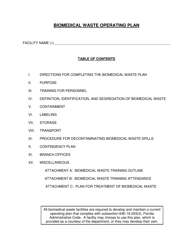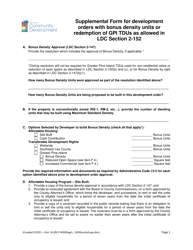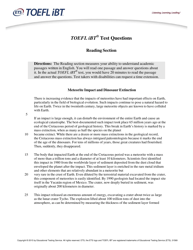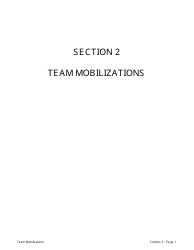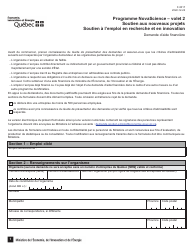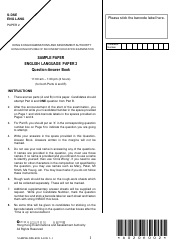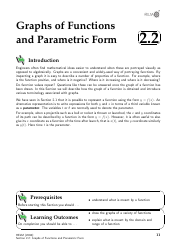Biomedical Admissions Test Bmat 2014 Section 2 Explained Answers - Ucles
The Biomedical Admissions Test (BMAT) 2014 Section 2 Explained Answers - Ucles is an official document from the University of Cambridge Local Examinations Syndicate (UCLES). This document is designed to help students understand the answers and reasoning behind the questions in Section 2 of the 2014 BMAT examination.
The BMAT examination is used for admission to certain medical, dental, and veterinary programs at select universities in the United Kingdom and other countries. It's designed to assess scientific and mathematical knowledge, problem-solving skills, and the ability to apply this knowledge in a medical context. The Explained Answers provides insight into the testing and scoring process.
The Biomedical Admissions Test (BMAT) 2014 Section 2 Explained Answers is generally filed by the UCLES (University of Cambridge Local Examinations Syndicate). The University is responsible for conducting and determining the results of the BMAT exam, which is used for admissions into certain medical, veterinary and related courses. The candidates who take the test do not file this document themselves; instead, it is delivered to them by the UCLES as part of their test score results.
FAQ
Q: What is the Biomedical Admissions Test (BMAT)?
A: The Biomedical Admissions Test (BMAT) is an aptitude test used as part of the admissions process for Medicine, Biomedical Sciences and Dentistry in some universities.
Q: What are the sections in the BMAT?
A: The BMAT consists of three sections: Aptitude and Skills, Scientific Knowledge and Applications, and Writing Task.
Q: What is covered in the Section 2 of the BMAT?
A: Section 2 of the BMAT tests Scientific Knowledge and Applications. It covers Biology, Chemistry, Physics and Mathematics.
Q: When was the 2014 BMAT held?
A: The exact dates can vary but the BMAT is typically held in November each year.
Q: Who manufactures the BMAT?
A: The Biomedical Admissions Test (BMAT) is produced by Cambridge Assessment, a not-for-profit department of the University of Cambridge in the UK, under the name UCLES (University of Cambridge Local Examinations Syndicate).
Q: What universities typically require the BMAT for admission?
A: The BMAT is required for Medicine, Biomedical Sciences and Dentistry courses at certain universities. This typically includes top institutions like the University of Cambridge, University of Oxford, and Imperial College London.
